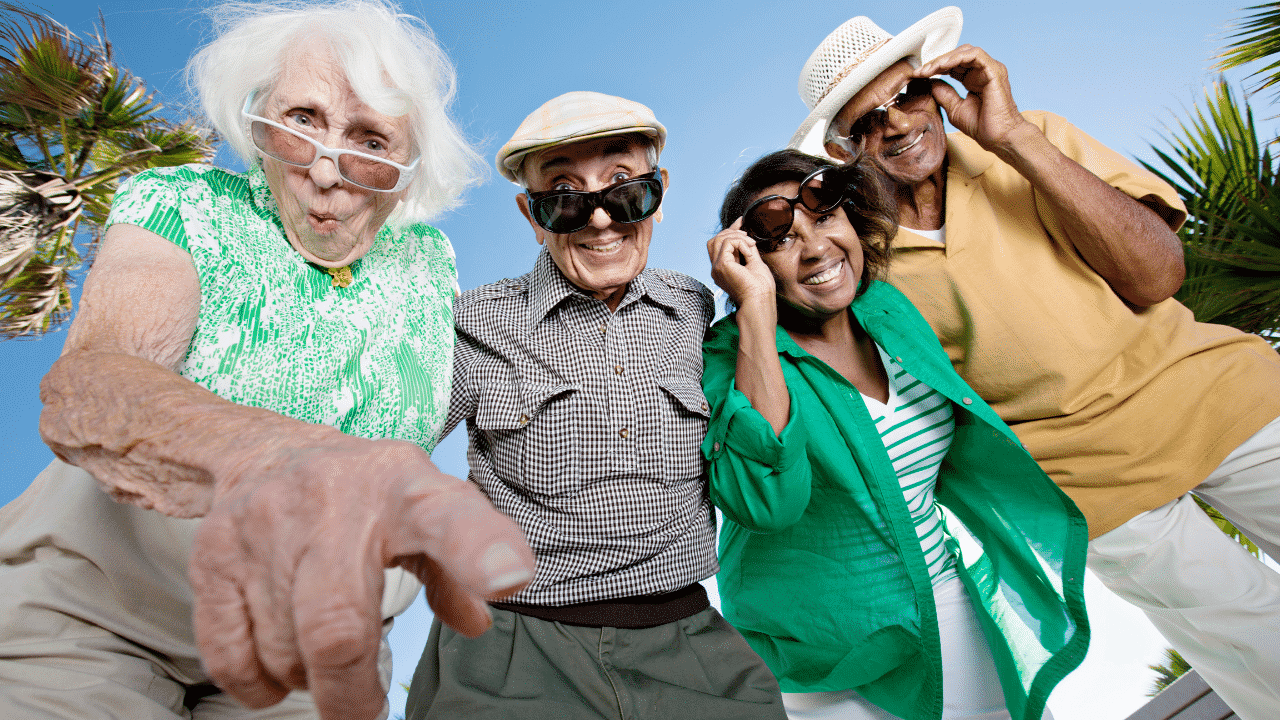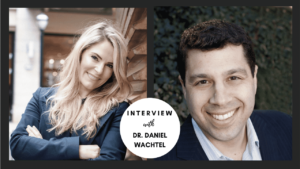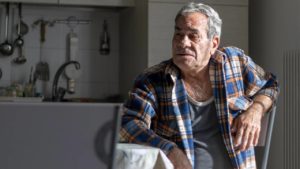In 2020, researchers identified that ageism cost the US $63 billion dollars in one year and resulted in 17.04 million cases of 8 of the most expensive health and mental health conditions, including heart disease, dementia, cancer, diabetes, mental health conditions, among others.
In this episode, you’ll learn about ageism, how age discrimination affects the physical and mental health of older adults, and what you can do to combat ageism.
- [02:03] What is ageism and why is it so harmful.
- [06:53] Discover the difference between structural ageism and individual ageism.
- [08:51] How does ageism affect older adults’ physical health?
- [10:48]How does ageism affect the mental health of older adults?
- [13:22] Learn 3 strategies for combatting ageism.
Resources mentioned:
- Harvard Implicit Association Test
- Combat Ageism & Become an Older Person in Training. Interview with Ashton Applewhite
References:
- American Psychological Association (2020). APA Resolution on Ageism. https://www.apa.org/about/policy/resolution-ageism.pdf.
- Amini, Y and Levy, N (2020). Addressing Ageism in the Time of COVID-19, https://www.publichealth.columbia.edu/public-health-now/news/addressing-ageism-time-covid-19
- Chang, E. S., Kannoth, S., Levy, S., Wang, S. Y., Lee, J. E., & Levy, B. R. (2020). Global reach of ageism on older persons’ health: A systematic review. PLOS One, 15(1), e0220857. https://doi.org/10.1371/journal.pone.0220857
- Levy B. (2009). Stereotype Embodiment: A Psychosocial Approach to Aging. Current directions in psychological science, 18(6), 332–336. https://doi.org/10.1111/j.1467-8721.2009.01662.x
- Levy, B. R., Slade, M. D., Kunkel, S. R., & Kasl, S. V. (2002). Longevity increased by positive self-perceptions of aging. Journal of personality and social psychology, 83(2), 261–270. https://doi.org/10.1037//0022-3514.83.2.261
- Levy, B. R., Ferrucci, L., Zonderman, A. B., Slade, M. D., Troncoso, J., & Resnick, S. M. (2016). A culture–brain link: Negative age stereotypes predict Alzheimer’s disease biomarkers. Psychology & Aging, 31(1), 82-88. https://doi.org/10.1037/pag0000062
- Levy, B. R., Pilver, C. E., & Pietrzak, R. H. (2014). Lower prevalence of psychiatric conditions when negative age stereotypes are resisted. Social Science & Medicine, 119, 170-174. https://doi.org/10.1016/j.socscimed.2014.06.046
- Levy, B. R., Slade, M. D., Chang, E. S., Kannoth, S., & Wang, S. Y. (2020). Ageism amplifies cost and prevalence of health conditions. The Gerontologist, 60(1), 174-181.https://doi.org/10.1093/geront/gny131
- Levy BR, Slade MD, Pietrzak RH, Ferrucci L. Positive age beliefs protect against dementia even among elders with high-risk gene. PLoS One. 2018 Feb 7;13(2):e0191004. doi: 10.1371/journal.pone.0191004. PMID: 29414991; PMCID: PMC5802444.
- Levy BR, Zonderman A, Slade MD, Ferrucci L. (2009) Negative age stereotypes held earlier in life predict cardiovascular events in later life. Psychological Science, 20:296–298
- Levy, B. R., Ferrucci, L., Zonderman, A. B., Slade, M. D., Troncoso, J., & Resnick, S. M. (2016). A culture–brain link: Negative age stereotypes predict Alzheimer’s disease biomarkers. Psychology & Aging, 31(1), 82-88. https://doi.org/10.1037/pag0000062
- APA CONA (2020). Tips to Address Ageism During the Pandemic https://www.apa.org/topics/covid-19/ageism
- Arias, S. A., Boudreaux, E. D., Segal, D. L., Miller, I., Camargo, C. A., Jr., & Betz, M. E. (2017). Disparities in treatment of older adults with suicide risk in the emergency department. Journal of the American Geriatric Society, 65(10), 2272-2277. doi:10.1111/jgs.15011





